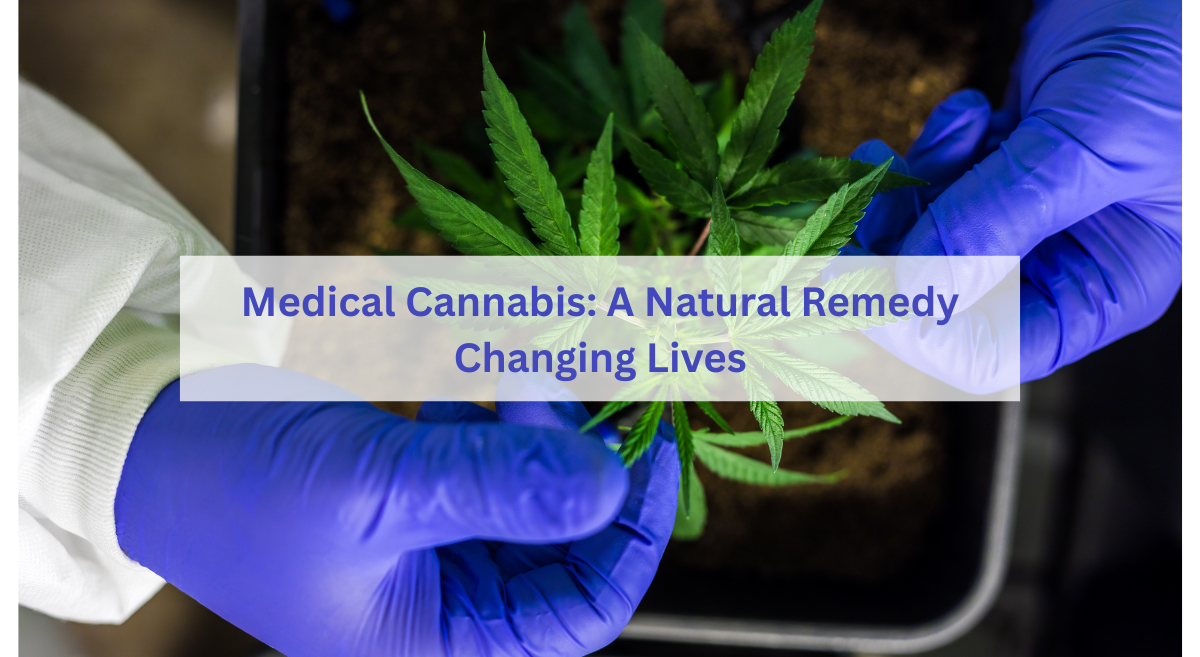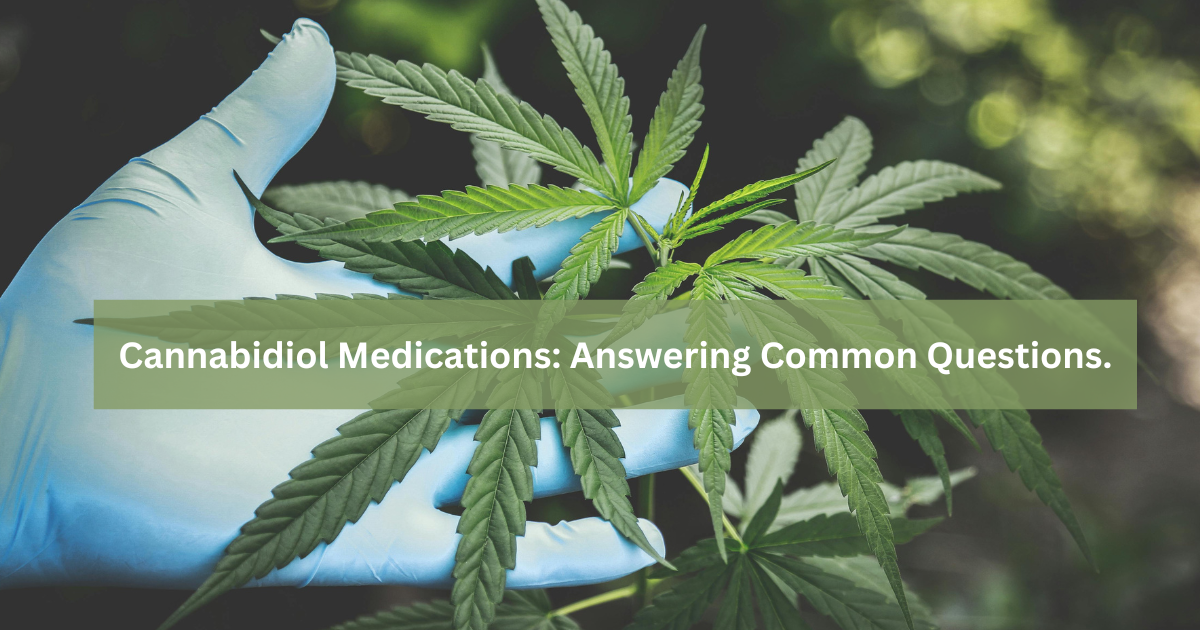CBD, short for Cannabidiol, has emerged as a buzzword in the health and wellness industry. Derived from the cannabis plant, CBD offers a wealth of potential benefits without the psychoactive effects associated with its cousin, THC. In this comprehensive guide, we aim to shed light on the healing potential of CBD, its applications, and the scientific research supporting its use.
I. Understanding CBD:
CBD is a naturally occurring compound found in the cannabis plant. Unlike THC, it does not produce the characteristic “high” associated with marijuana. CBD interacts with the body’s endocannabinoid system, a complex network of receptors that regulate various physiological processes. This interaction promotes balance and homeostasis within the body, leading to potential therapeutic effects.
II. The Science Behind CBD:
Mechanism of Action:
CBD interacts with cannabinoid receptors, such as CB1 and CB2, influencing neurotransmitter release.
It also interacts with non-cannabinoid receptors, including serotonin and vanilloid receptors, to modulate pain perception and mood.
Potential Benefits of CBD:
Pain Management: CBD exhibits analgesic properties, potentially alleviating chronic pain and inflammation.
Anxiety and Stress Relief: Studies suggest CBD may help reduce anxiety disorders and stress-related symptoms.
Neuroprotective Effects: CBD shows promise in protecting against neurodegenerative diseases like Alzheimer’s and Parkinson’s.
Anti-Seizure Properties: Epidiolex, a CBD-based medication, has been approved by the FDA for treating certain forms of epilepsy.
Sleep Improvement: CBD may promote better sleep quality and address sleep disorders like insomnia.
Skin Health: Topical application of CBD has shown potential in managing skin conditions like acne, eczema, and psoriasis.
III. CBD and Medical Applications:
Pain Management:
CBD’s analgesic and anti-inflammatory properties make it a promising alternative for chronic pain management.
It may provide relief for conditions such as arthritis, fibromyalgia, and multiple sclerosis.
Mental Health:
CBD’s anxiolytic and antidepressant properties have garnered attention for managing anxiety, depression, and PTSD.
It may offer a natural alternative to traditional pharmaceutical treatments with fewer side effects.
Cancer Support:
CBD is being explored for its potential in alleviating cancer-related symptoms such as pain, nausea, and vomiting.
Some studies suggest it may have anticancer properties and could enhance the effectiveness of chemotherapy.
Neurological Disorders:
CBD shows promise in managing symptoms associated with epilepsy, Alzheimer’s, Parkinson’s, and multiple sclerosis.
Ongoing research aims to uncover its full potential in treating these conditions.
IV. CBD and the Future:
Legality and Regulation:
The legal status of CBD varies worldwide, with some countries allowing its use for medicinal purposes.
Regulations surrounding CBD products differ, and consumers should ensure they choose reputable sources.
Research and Clinical Trials:
Researchers are actively studying CBD to unlock its full therapeutic potential.
Clinical trials are underway to explore its efficacy in various conditions and to determine optimal dosages.
Consumer Education and Safety:
As CBD gains popularity, it is crucial for consumers to educate themselves and make informed decisions.
It is advisable to consult with healthcare professionals before incorporating CBD






One thought on “Unveiling the Healing Potential of CBD: A Comprehensive Guide”